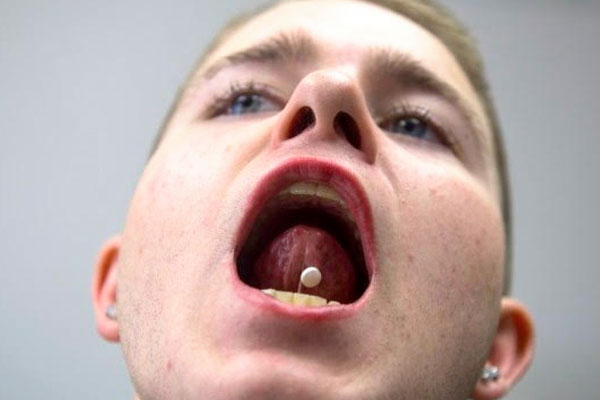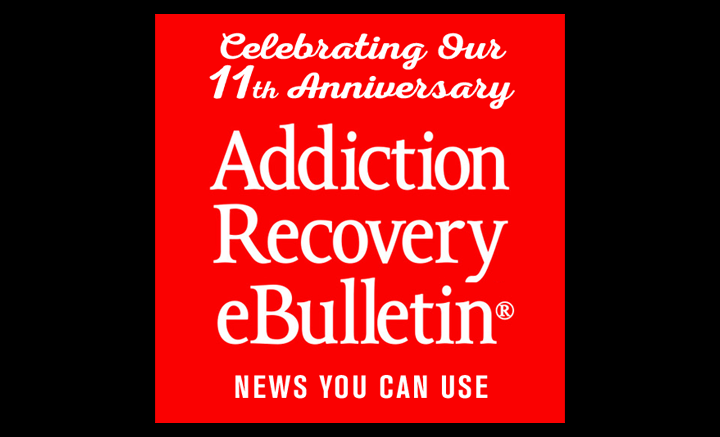NOTHING IS PERFECT –
Nov. 14, 2023 – If Torrington could wave a magic wand, “I would enact true parity, where people could get access to comprehensive, individualized, multimodal treatment over time,” he said. “Primary care, psychiatry, addiction medication, shoes, socks, healthy food, mind-body activities. I would stop treating people like (expletive) because they have a psychiatric or addiction problem. I’d make sure they had a place to stay and get care as long as they need it — forever, if they need it.
“Some people can figure it out and make it work. Some can’t, and they die, and we seem to be OK with that.”
A spokesman from the CDPH said the buprenorphine prescription data doesn’t provide the full picture of who gets medication-assisted treatment, as it doesn’t track methadone or naltrexone, other drugs for medication-assisted treatment. The pandemic has also ushered in changes to prescribing that will increase access to these medications.
Torrington, who’s also opioid committee chair for the California Society of Addiction Medicine, expects to see a modest increase in buprenorphine prescriptions in 2023, the first year that the stringent requirement for doctors has been dropped.
But he rails that he must adjust care plans to what insurance companies will pay for — something ICU doctors don’t have to do — but he has hope nonetheless.
There have been giant steps forward in the last decade, he said: The Affordable Care Act ensures that everyone can access medication-assisted treatment (even if they’re still wary of using it). No one graduates from medical school today without training in addiction. And while we seem to be in something of a societal collapse, he’s confident that, too, shall pass.



